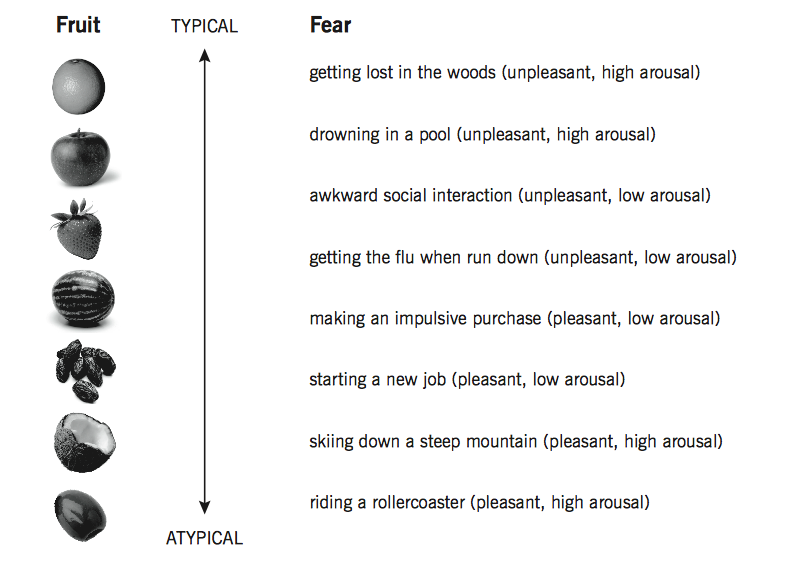Obviously not sociopathy - or anything like that.
I just wondered if there was a term for enjoying the sensations of guilt :)
EDIT can you go on - and say something about the differences between fear and guilt :) ?
I don't think there's a term specifically for pleasurable guilt.
However, depending on whom you ask, there's a couple ways we can talk about this feeling.
If we assume that guilt can only be experienced as negative, then we might describe pleasurable guilt as pleasure about guilt (i.e., a positive meta-emotional experience of guilt; for a review on meta-emotions, see Mendonca, 2013). In other words, you experience a sense of pleasure in response to, and perhaps alongside, your emotion of negative guilt.
If we take a psychological constructivist view of emotions (Condon, Wilson-Mendenhall, & Barrett, 2014), then we can hypothesize that even prototypically negative emotions can be experienced as positive (e.g., positive fear, or conversely, negative happiness; see also Wilson-Mendenhall, Barrett, & Barsalou, 2014). So guilt isn't necessarily negative, even though our prototypical conceptualization of guilt is that it's negative. That is to say that guilt is not made up of a specific and consistent set of experiences, behaviors, and cognitions. Instead, it's a heterogeneous category that can include negative or positive experiences--depending on how the individual constructs his or her affective experience. The photo below (taken from Condon et al., 2014) shows how fear might be conceptualized as either negative or positive--and perhaps you can extrapolate from there how guilt might be similar.

By the way, the fruit category is meant to show a continuum of typical-atypical fruit examples (orange-olive), which perhaps helps to clarify the idea of typical-atypical fear (and guilt).
EDIT: To be clear, fear tends to be conceptualized as a negative emotion involving anticipation of a negative event in the future (e.g., a snake will bite me). Guilt tends to be conceptualized as a negative emotion about a negative past event for which you feel personally responsible. In this case, I'm using fear to describe the continuum of typical vs. atypical emotions, but note that guilt will have a different continuum.